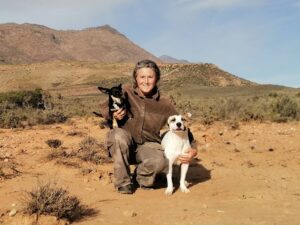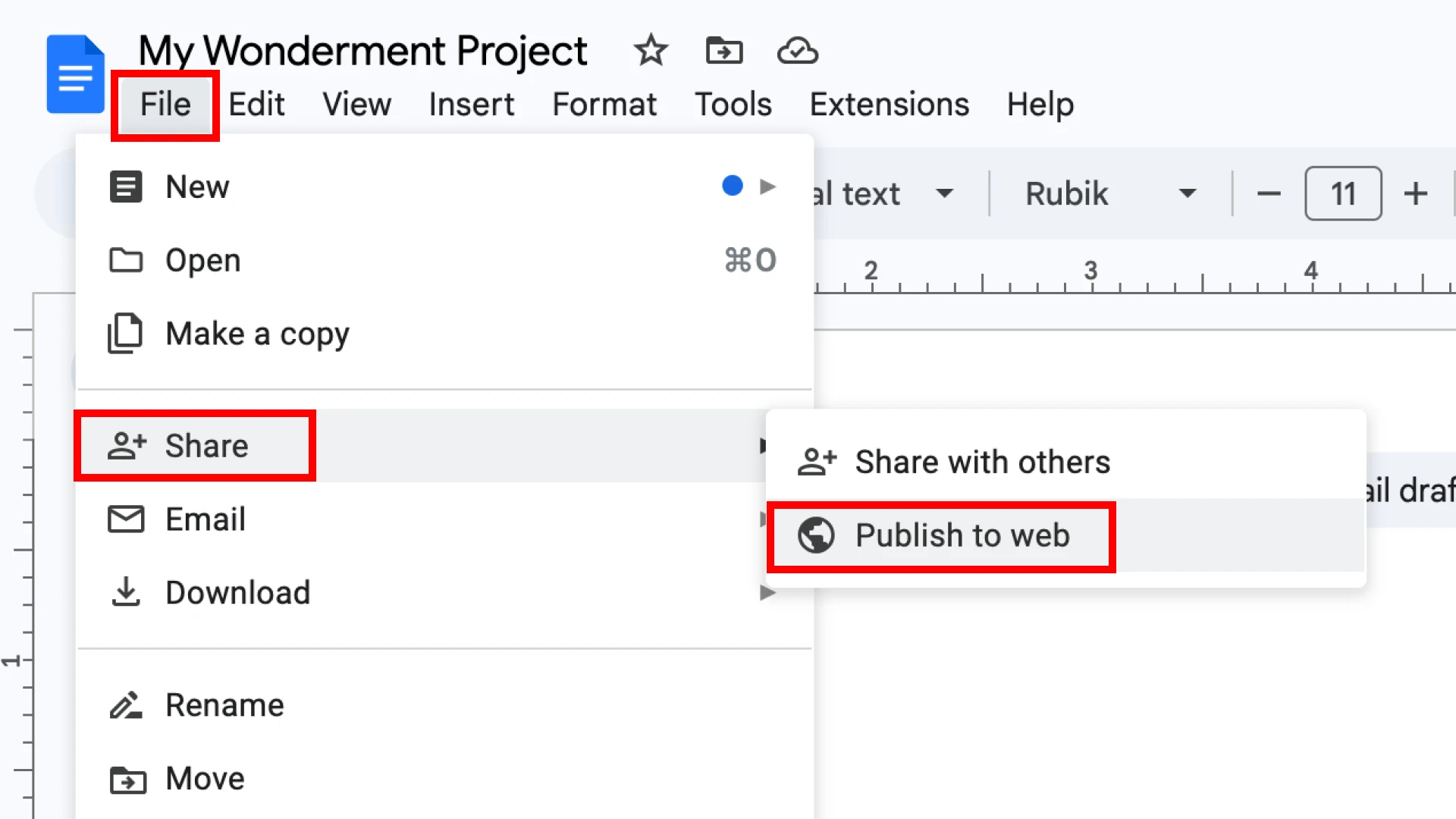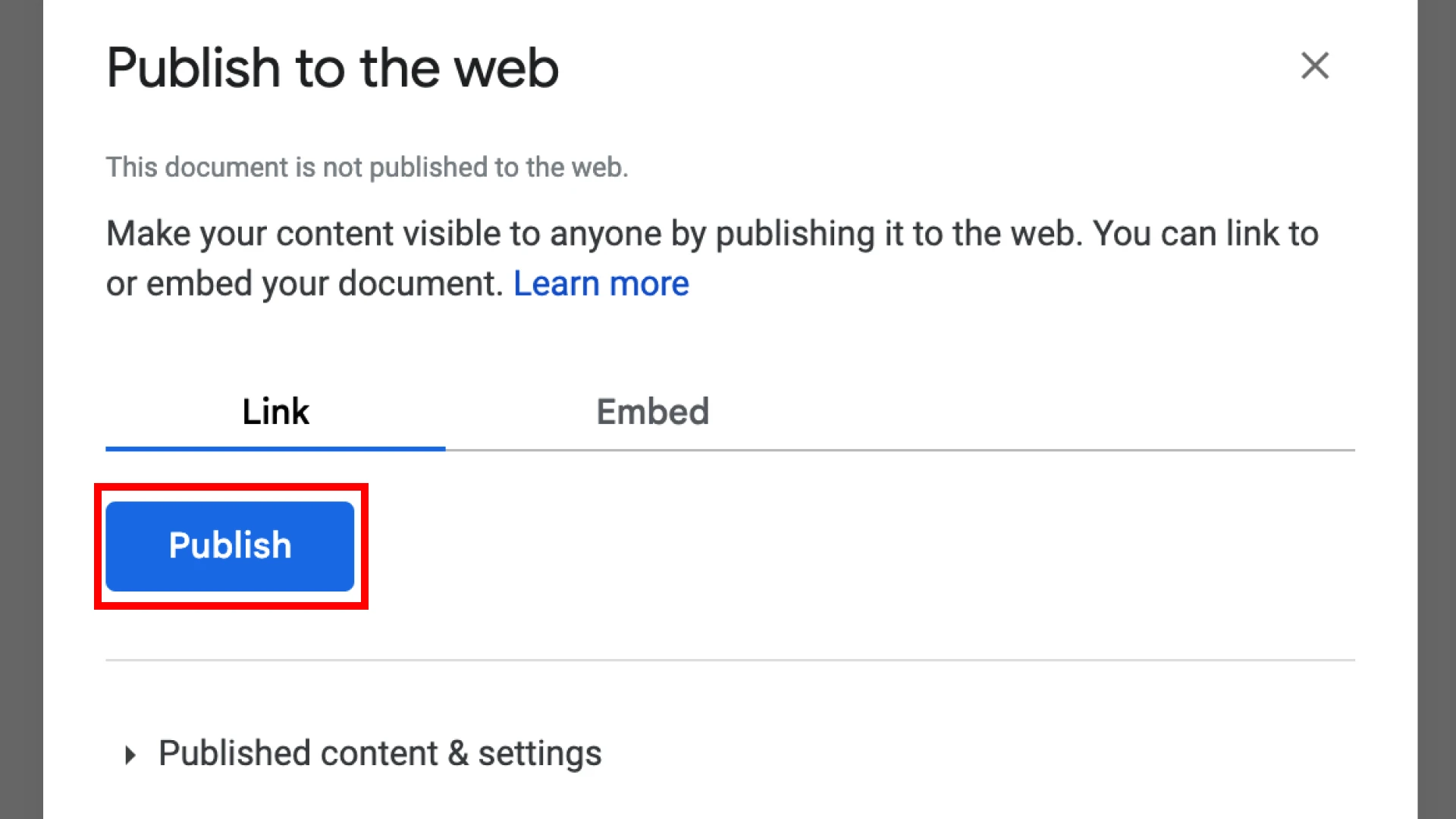Project Video
Taking everything you learned through your research process, create a compelling video that tells the story of your ideal project and engages and informs your audience.
Ujubee/South Africa
The great concern to me is that Bees are not understood as wild animals. In order to interact with a wild animal, one would think that one would need to understand the animal in its wild state in order to work with that wild state and not against it, so that the animal is constantly supported and healthy. That, however, is not the case with Bees. Bees have never been studied in the wild. Wild honeybees are native only to Africa, Asia and Europe. And yet humans have taken them to all continents of the world to pollinate crops and make honey for human consumption with no underlying understanding of their true nature, their needs or the complexity of their natural ecosystems. The existing narrative about bees has emerged from their study and exploitation for industry not from the wisdom of the wild bee as an essential component of Nature and all biodiversity.
Bees need to be understood as the wild animals they are. The existing narrative needs to change and reflect them as they truly are, not as they are when managed by humans. Beekeepers and the agricultural industry have agendas that prohibit them from being able to understand the bee as a wild animal. Wild Bees need protection, understanding and space to be who they are. And as with everything in Nature, protecting space for wild bees will protects all the other beings both large and small who coexist in their ecosystem.
The great concern to me is that Bees are not understood as wild animals. In order to interact with a wild animal, one would think that one would need to understand the animal in its wild state in order to work with that wild state and not against it, so that the animal is constantly supported and healthy. That, however, is not the case with Bees. Bees have never been studied in the wild. Wild honeybees are native only to Africa, Asia and Europe. And yet humans have taken them to all continents of the world to pollinate crops and make honey for human consumption with no underlying understanding of their true nature, their needs or the complexity of their natural ecosystems. The existing narrative about bees has emerged from their study and exploitation for industry not from the wisdom of the wild bee as an essential component of Nature and all biodiversity.
Bees need to be understood as the wild animals they are. The existing narrative needs to change and reflect them as they truly are, not as they are when managed by humans. Beekeepers and the agricultural industry have agendas that prohibit them from being able to understand the bee as a wild animal. Wild Bees need protection, understanding and space to be who they are. And as with everything in Nature, protecting space for wild bees will protects all the other beings both large and small who coexist in their ecosystem.
South Africa
Founder of Ujubee, wild bee researcher. Small things matter.

South Africa
USA, South Africa and Canada
A Wild One at heart, Nature and Right Relationship are my guides.

USA, South Africa and Canada
Wonderment HQ
Obsessed with the intelligence of relationships. Creative Director at The Wonderment Cooperative.

Wonderment HQ
The Wonderment Cooperative, Salt Lake City, UT
Happy wanderer, Education and Partner Ops @ The Wonderment

The Wonderment Cooperative, Salt Lake City, UT
Taking everything you learned through your research process, create a compelling video that tells the story of your ideal project and engages and informs your audience.
A powerful mission statement for a social entrepreneurial project shows how your passions and values align with the goals of your project.
When you set a clear direction, make attainable goals and understand deadlines it allows the organizers of a project to meet tasks in the right time frame.
Creating a budget helps determine how much money is needed for a project, how to track expenses and how to utilize the budget throughout the project.
Tell us about the mentors who help keep you on track, give you feedback, and keep you motivated to continue.
Let’s compile all the information that you have gathered to create an assessment of the practicality of your project. This is where you will analyze your idea as a whole.
A SWOT analysis helps you look at your strengths, weaknesses, opportunities, and threats so you can plan smarter. It builds strategic thinking for real-world challenges at school, work, and beyond.
Marketing is all about communication and there is no better tool to map out communication plans than a Stakeholder Map.
Before starting a new project, set a SMART goal to keep yourself on track, stay motivated, and to have something specific to work towards.
Step One
In your Document, navigate to File -> Share -> Publish to Web.

Step Two
In the popup window, under the "Link" tab, click "Publish".

Step Three
In the popup window, select the link and copy it. You can than paste that link into The Wonderment Platform when adding a Document to your Project.

For best results use a square image. Choose a file or post from your camera roll.
Share this Project link with your friends.
Part of The Wonderment Cooperative, a (501c3) Non-Profit. Terms of Service


